
Pathway Learning Blog
Access our growing library of hundreds of blog posts covering topics relevant to church leaders. Preview and read these blog posts now.
SEARCH THE BLOG
Looking for something in particular? Search our hundreds of blog posts on topics of interest to church leaders.

Knowing Christ in His Exaltation (Faith in Theology, Part 4)
Having examined the Son’s work of humiliation as our Redeemer in his birth, life, and death, we turn now to consider his work of exaltation in his resurrection, ascension, and return. When describing Jesus’ resurrection, the Creed says, The third day he rose again from the dead. Luke writes: On the first day of the week, at early dawn, they went to the tomb, taking the spices they had prepared…
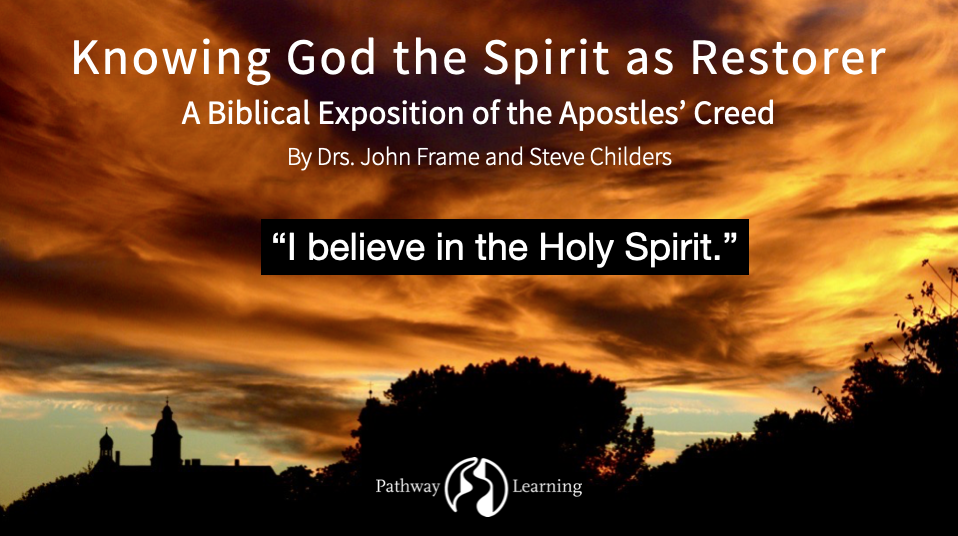
Knowing God the Spirit as Restorer, Part 1 (Faith in Theology, Part 5)
To know God means to know who God is and what God does as Triune Lord – Father, Son, and Holy Spirit. Here we learn the biblical teaching on the person and work of the Holy Spirit as Restorer.

Knowing God the Spirit as Restorer, Part 2 (Faith in Theology, Part 6)
Christians believe that there is a new world coming when Jesus returns, in the power of his Holy Spirit, to restore fallen humanity and creation by establishing God’s kingdom on earth forever. The Apostles’ Creed affirms three biblical beliefs regarding the age to come when Christ returns: 1) the resurrection of the dead, 2) the judgment of the living and the dead, and 3) the life everlasting in the world to come.
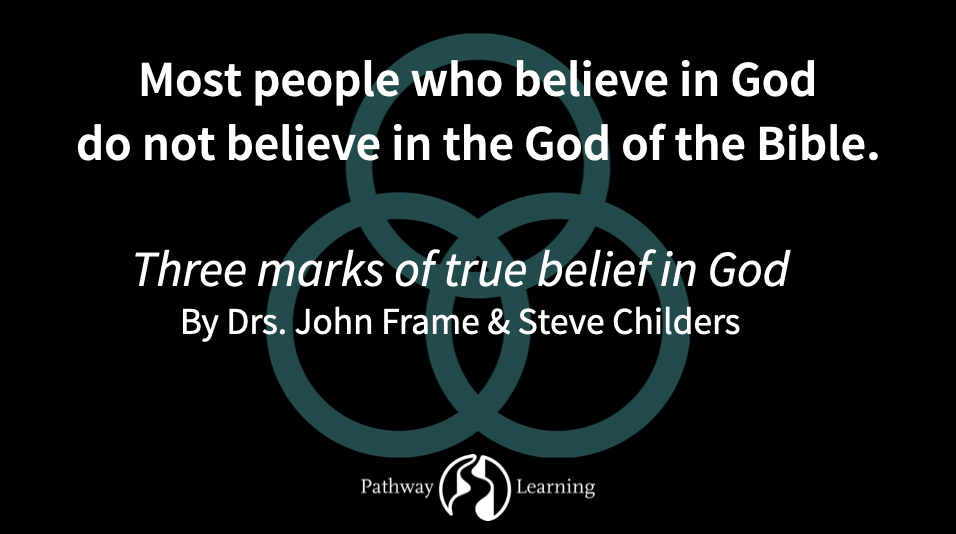
Three Marks of True Belief in God (Faith in Theology, Part 7)
I believe in God are the first words of the Apostles’ Creed. Do you believe in God? It seems like a simple question that requests a simple yes or no answer. Yet generation after generation, the ancient question of humanity’s transcendent belief surfaces, and the answers depend on what people mean by saying they believe in God.

Knowing the Father as Creator (Faith in Theology, Part 2)
To know God means to know who God is and what God does as Triune Lord – Father, Son, and Holy Spirit. This requires us to know God’s attributes and acts. In this chapter our focus is on knowing God the Father as Lord of Creation. The Apostles’ Creed is divided into three major sections representing the person and work of the three members of the Trinity.
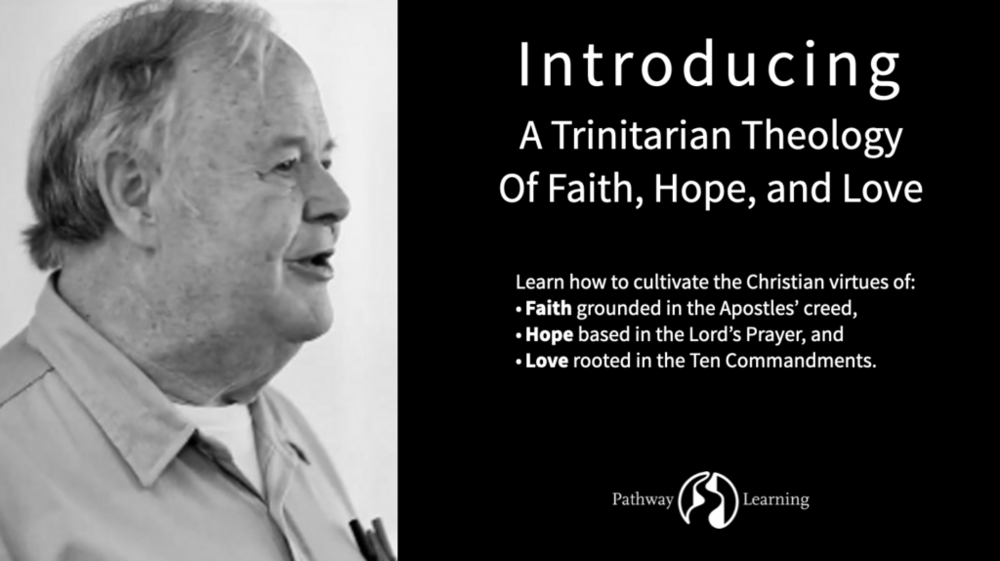
Introducing a Theology of Faith, Hope, and Love (Applications in Theology Series)
Theology is, as we’ve said, the application of Scripture by persons to all areas of life. On this definition, theology is Scriptural, practical, and personal. But on this understanding, theology is universal in scope, and therefore a huge task. Are there any directions as to how we may divide up the task into smaller units?
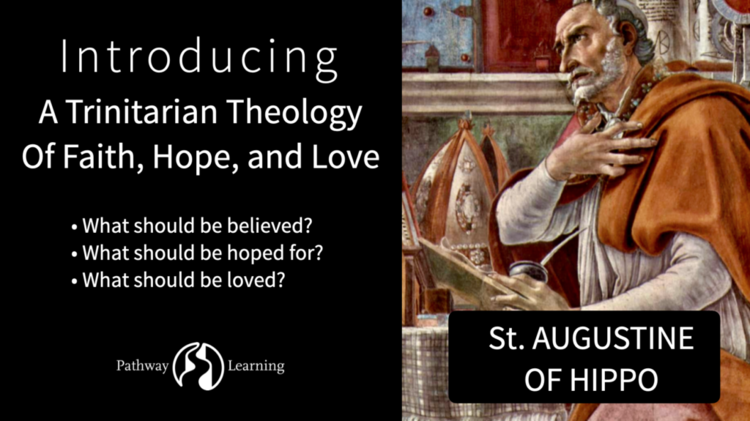
Faith, Hope, and Love in Theology (Applications in Theology, Part 1)
The Applied Theology series follows the ancient Greek and Christian tradition of Augustine’s Enchiridion. The word enchiridion is derived from the Greek word (ἐγχειρίδιον) that conveys the concept of a book that is “fitting in (en) the hand (kheir)” or “ready to hand” as in ready to hand someone.

Our Hope: The Lord's Prayer (Applications in Theology, Part 3)
Having seen how the essence of our faith is expressed in the Apostles’ Creed, we now look at how our hope is found in the Lord’s Prayer. In doing this, we continue following the example of Augustine’s succinct summary of biblical Christianity in his Handbook on Faith, Hope, and Love.

Our Love: The Ten Commandments, Part 1 (Applications in Theology, Part 4)
Having seen how our faith should be rooted in the biblical truths of the Apostles’ Creed, and our hope should be stirred up by the Lord’s Prayer, we’ll look now at how our love for God and others should be a demonstration of God’s will for us revealed in the Ten Commandments.
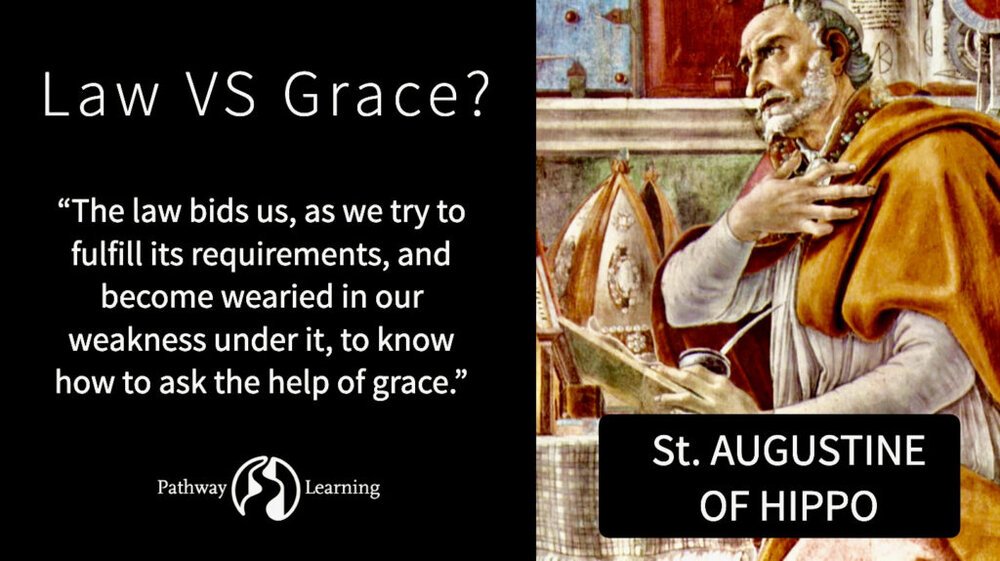
Our Love: The Ten Commandments, Part 2 (Applications in Theology, Part 5)
The highest virtue of love looks like someone who obeys the Ten Commandments out of a sincere love for God and others. But because of sin, no one can fully obey these commands. So why did God give them to us? What is the relationship between God’s law, which demands our obedience, and the gospel, which promises us forgiveness?

Toward a Theology of Faith, Hope, and Love (Applications in Theology, Part 6)
We seek a theology that encourages faith, hope, and love; but the greatest of these is love for God and others (1 Cor 13:13). In Applied Theology we’re seeking to recapture for today the biblical, historical, and practical theology of faith, hope, and love, championed by the great theologians of the past.
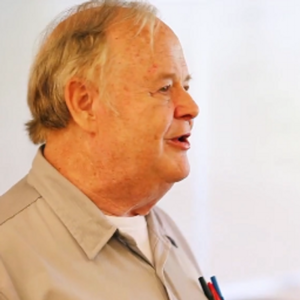
Happy 82nd Birthday to Author, Theologian, and Philosopher, Dr. John M. Frame
Dr. John M. Frame has distinguished himself as a prolific author and one of America’s foremost theologians and philosophers—significantly shaping the thought of Evangelicalism today. Many of today’s most influential Christian leaders and authors, like Tim Keller and John Piper, readily acknowledge the significant impact John Frame has had on them.
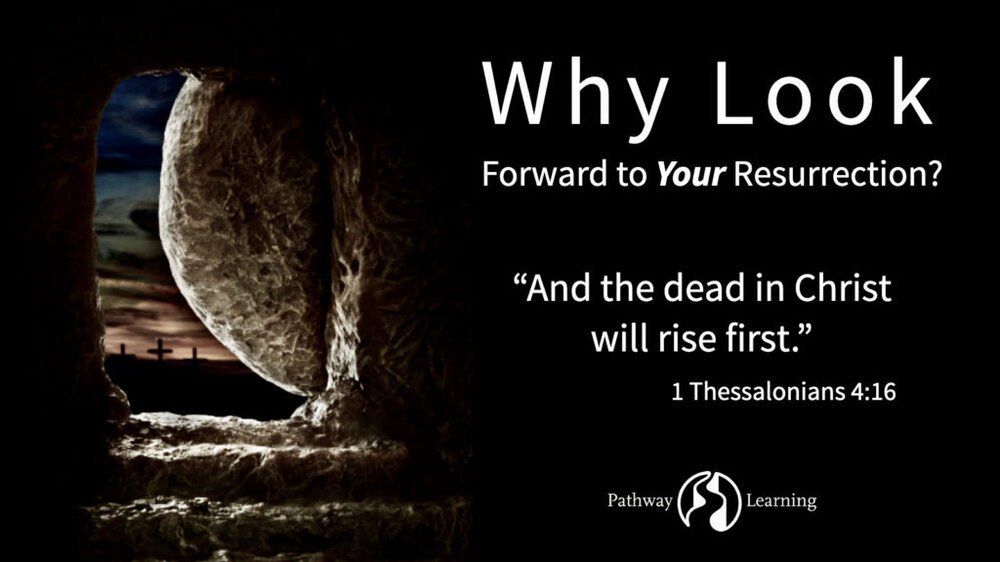
Why Look Forward To YOUR Resurrection and Life in the World to Come
On Easter we’re reminded of the good news of God’s love for us displayed in the resurrection of Jesus Christ from the dead. Drs. John Frame and Steve Childers help us better understand our resurrection from the dead and life in the new world to come in this brief excerpt from their upcoming book and course, "Theology of Faith."

What's Good About Good Friday?
On Good Friday we’re reminded of the good news of God’s love for us displayed in the death of his Son Jesus Christ on the cross. Drs. John Frame and Steve Childers help us deepen our understanding of the death of Jesus in this brief excerpt from their upcoming book and course, “Gospel in Theology.”
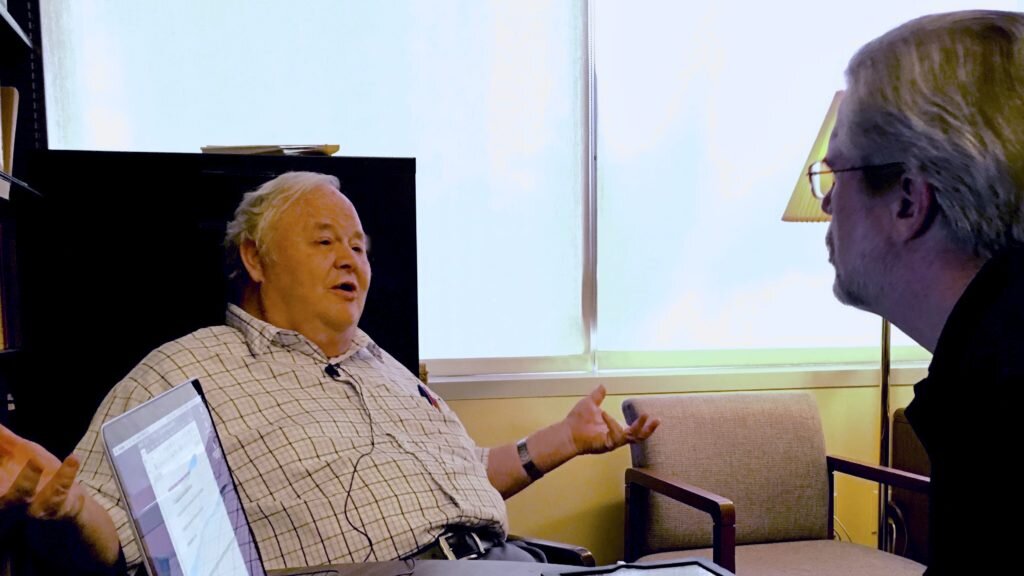
Knowing God vs Knowing About God (Essentials in Theology, Part 1)
The term theology scares people. It sounds formidable, abstract, and academic. Many of us see it as disconnected from real life. As a result, we feel a tension between doctrine and practical living.
In this first lesson, we’ll learn how it’s helpful to understand that theology is a study of God in Scripture to know God – not just know about God.

Knowing God as Creator, Redeemer, and Holy (Essentials in Theology, Part 2)
In this Essentials Course, we’re explaining and applying the definition of theology as “a study of God in Scripture to know God as Lord in all areas of life.” In this second lesson, our focus is on helping you learn how to see God as “Holy Creator and Gracious Redeemer of all things.”

Knowing God By His Personal Name YHWH (LORD) (Essentials in Theology, Part 3)
In this Essentials Course, we’re explaining and applying the definition of theology as “a study of God in Scripture to know God as LORD in all areas of life.” In this third lesson, our focus is on helping you learn what the Bible teaches about “Knowing God as YHWH (LORD).”

Knowing God's Being (Essentials in Theology, Part 4)
In this Essentials Course, we’re explaining and applying the definition of theology as “a study of God in Scripture to know God as LORD in all areas of life.” In this fourth lesson, our focus is on helping you learn what the Bible teaches about God's transcendent and immanent being.

What is God? A Brief Explanation Of An Ancient Definition of God (Essentials in Theology, Part 5)
In this Essentials Course, we’re explaining and applying the definition of theology as “a study of God in Scripture to know God as LORD in all areas of life.” In this fifth lesson, our focus is on helping you learn what the Bible teaches about God’s communicable and incommunicable attributes.

Knowing God as Lord in All Areas of Life (Essentials in Theology, Part 6)
In this Essentials Course, we’re explaining and applying the definition of theology as “a study of God in Scripture to know God as LORD in all areas of life.” In this sixth lesson, our focus is on helping you learn what the Bible teaches about knowing Christ as Lord in all areas of life.
